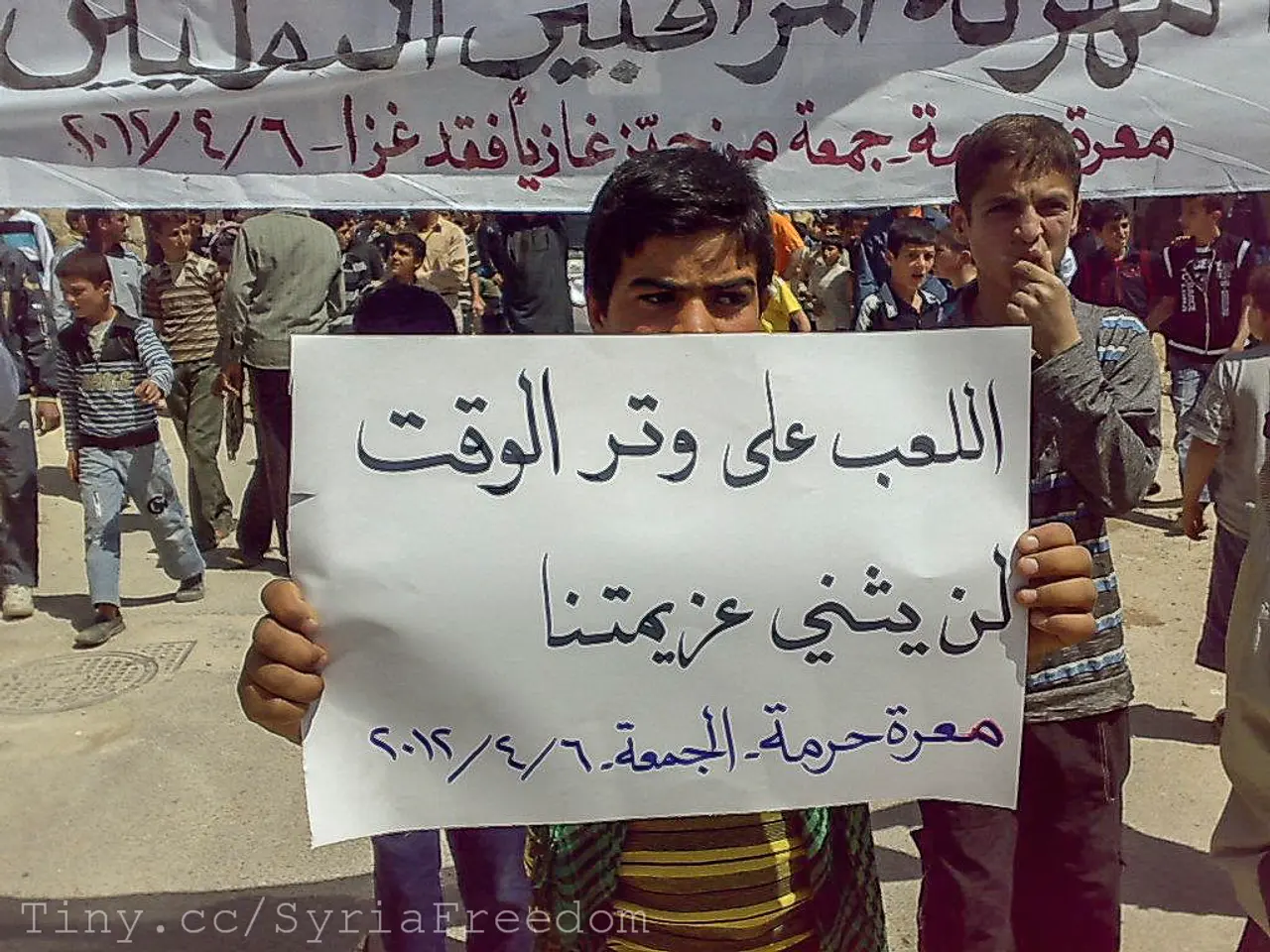Municipal debt resolution receives approval from SPD, signaling financial relief for the city.
The newly formed coalition government in Germany has pledged to address the financial challenges faced by municipalities, with a focus on a fair distribution of tasks and finances between the federal and local governments.
According to the coalition agreement, the federal government is planning substantial new borrowing and increased public spending to address key areas such as infrastructure and climate-related investments. This increased financial scope translates into significant funding potential for municipalities, as local authorities are now allowed to take out new lines of credit, signaling a more flexible and supportive financial environment for local governments to manage debts and investments.
The federal government has committed to contributing 250 million euros annually to help finance debt relief for cities. However, the SPD, a key member of the coalition, has not yet specified how a significant portion of the special asset for infrastructure will be allocated to cities. The SPD's candidate for Oberhausen's Mayor, Thorsten Berg, is advocating for a greater focus on municipal investment needs in the distribution of the special asset for infrastructure.
Thorsten Berg, a prominent figure in the SPD, emphasizes the importance of these commitments for cities like Oberhausen, which have the greatest investment needs. He believes that the special asset for infrastructure should be used to address the investment needs of cities, and he has stressed the need for a significant portion of the asset to go to cities.
The coalition's emphasis on a fair distribution of tasks and finances between the federal government, states, and municipalities is a response to concerns about the distribution of resources in the coalition agreement. SPD financial expert Stefan Zimkeit highlights the 500-billion-euro special asset for infrastructure as a significant message, underscoring the coalition's commitment to adequately funding municipal tasks and providing financial support for new commitments.
Moreover, municipal associations will be involved in the review of federal regulations to ensure the feasibility of all laws from now on. This transparency and potential streamlining of investment funds aim to enhance efficiency and fairness across government levels, balancing responsibilities with adequate financial backing to ensure municipalities can tackle debt while advancing sustainability and infrastructure goals.
While the specific role of Thorsten Berg in the coalition agreement's solution for municipal debts was not found in the provided context, his advocacy for a fair distribution of resources and his focus on municipal investment needs are clear. The new coalition agreement aims to provide a more equitable financial landscape for municipalities, addressing their old debts and investment needs in a sustainable and fair manner.
[1] "Coalition agreement 2021: What's in it for cities?", Deutsche Welle, 2021. [2] "Germany's debt brake: What it means and how it could change", Deutsche Welle, 2021. [3] "Germany relaxes debt brake to fund climate and infrastructure investments", Reuters, 2021. [4] "Germany's new debt rules: What they mean for the country's finances", Deutsche Welle, 2021.
- The coalition agreement focuses on policy-and-legislation, with a particular emphasis on the distribution of funds between the federal government, states, and municipalities, including the allocation of a special asset for infrastructure.
- Thorsten Berg, a key SPD figure, advocates for a greater focus on municipal investment needs in the distribution of the special asset for infrastructure, supporting a fair and equitable financial environment within politics, particularly in general-news regarding municipal finances in cities like Oberhausen.








